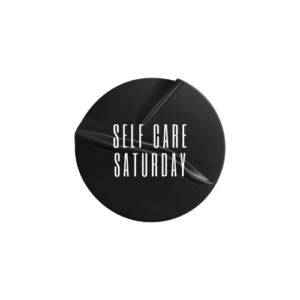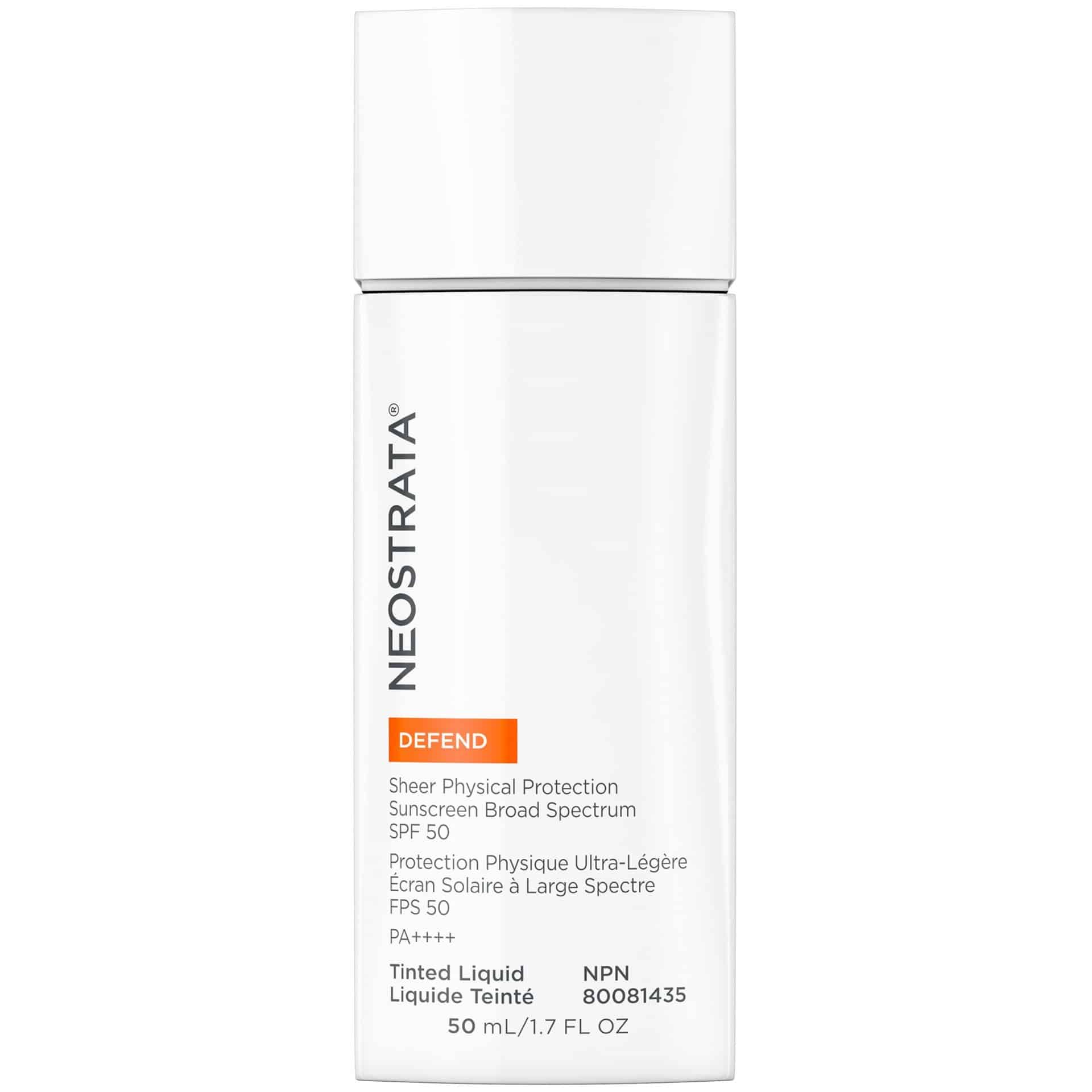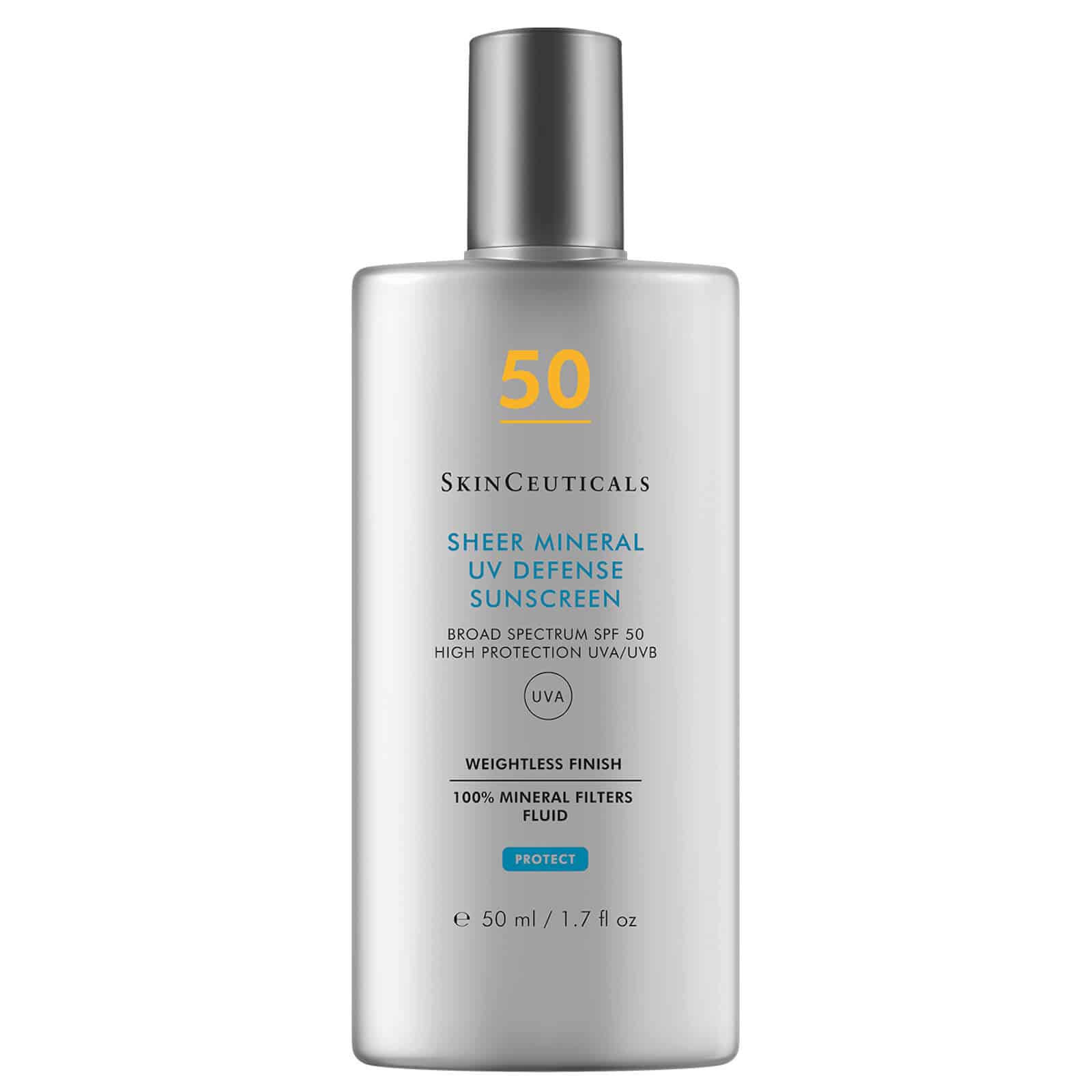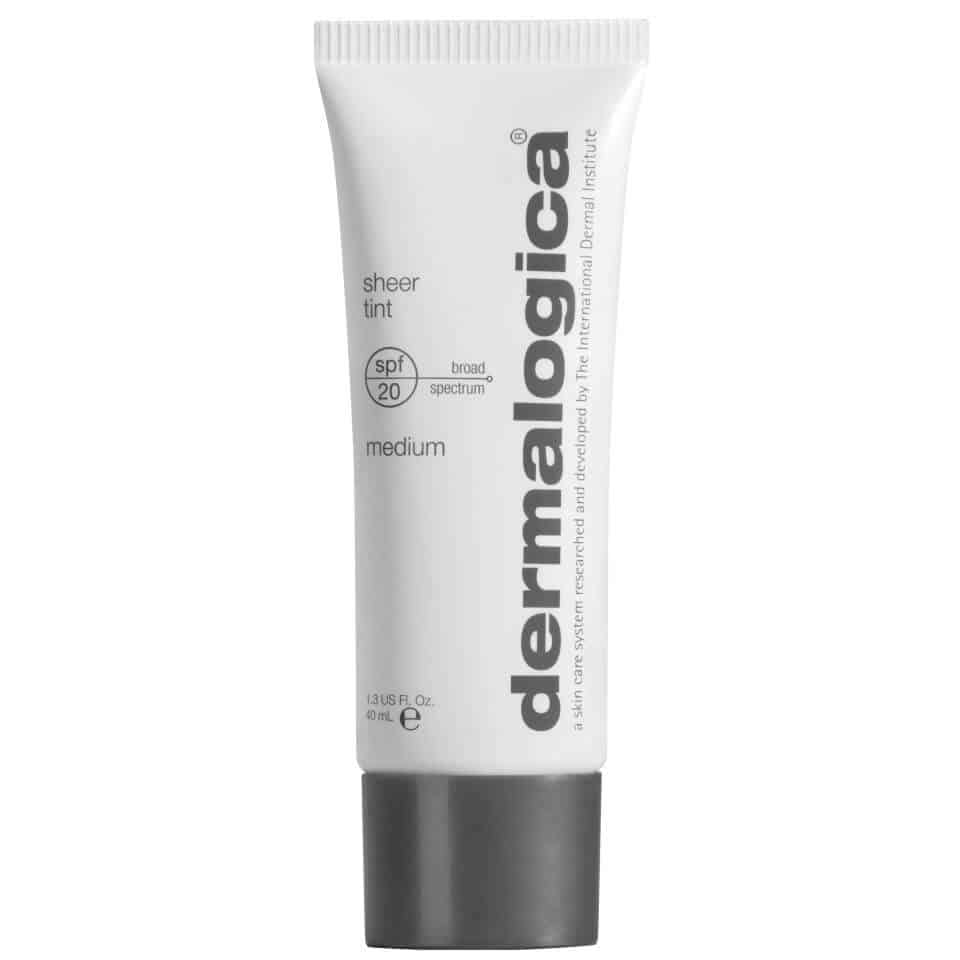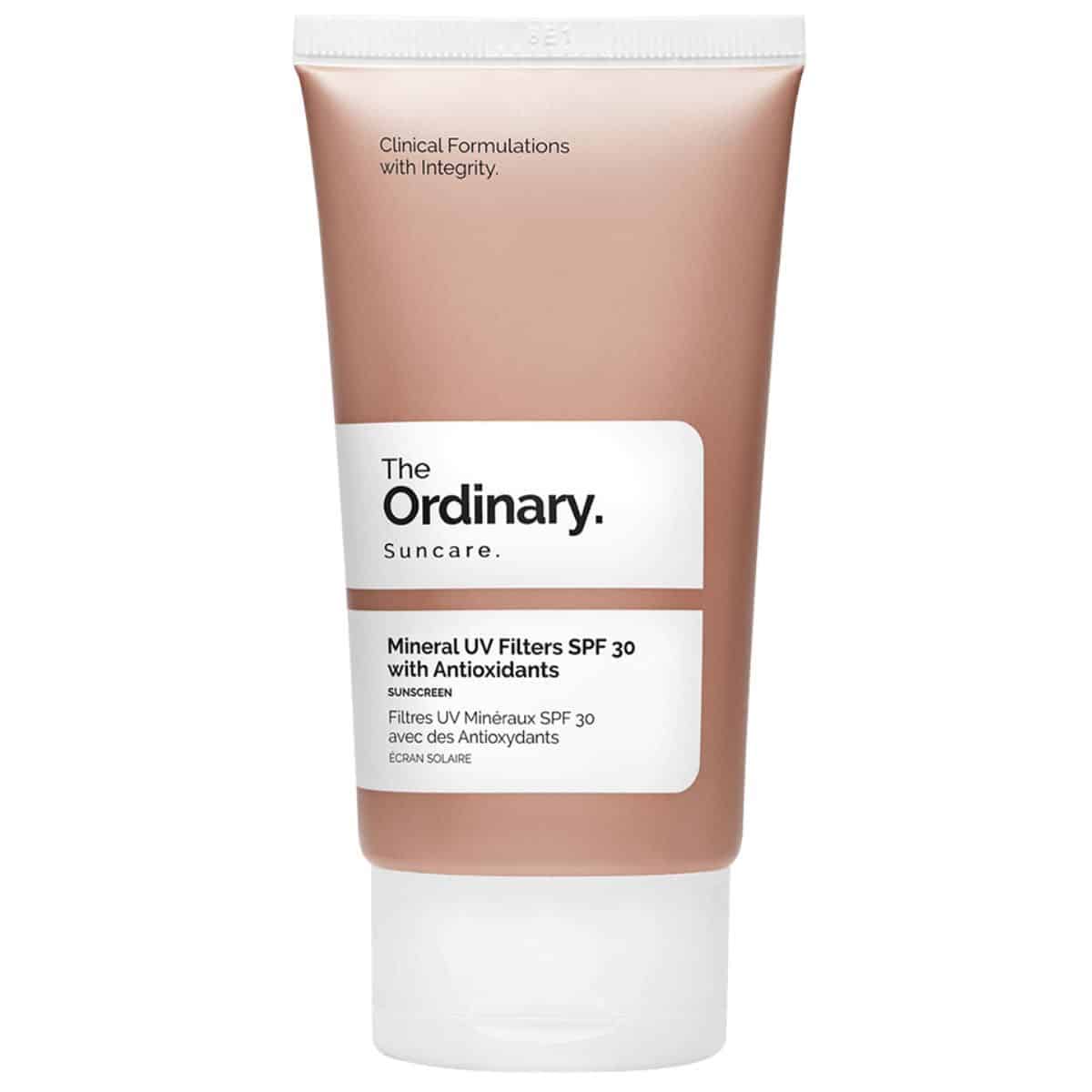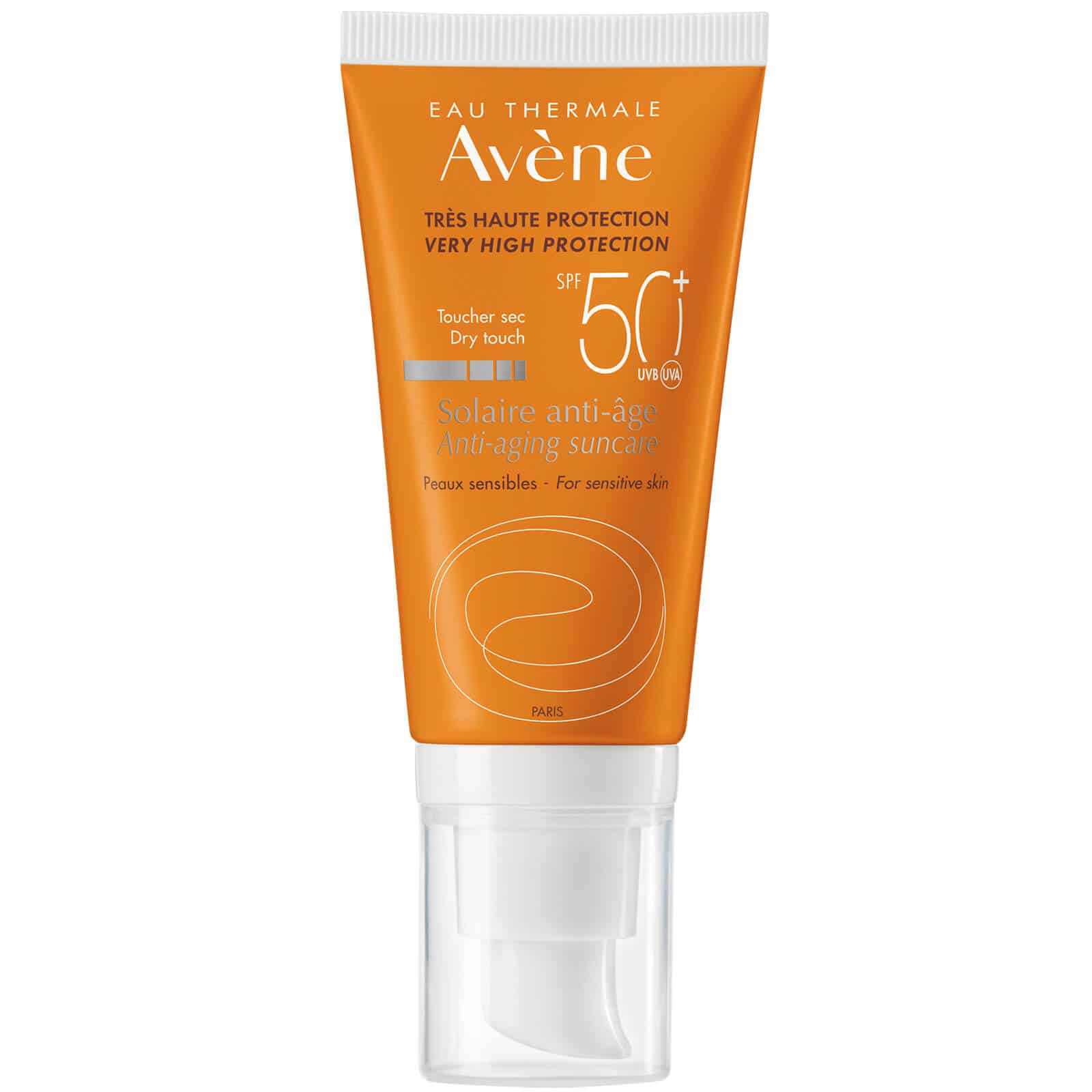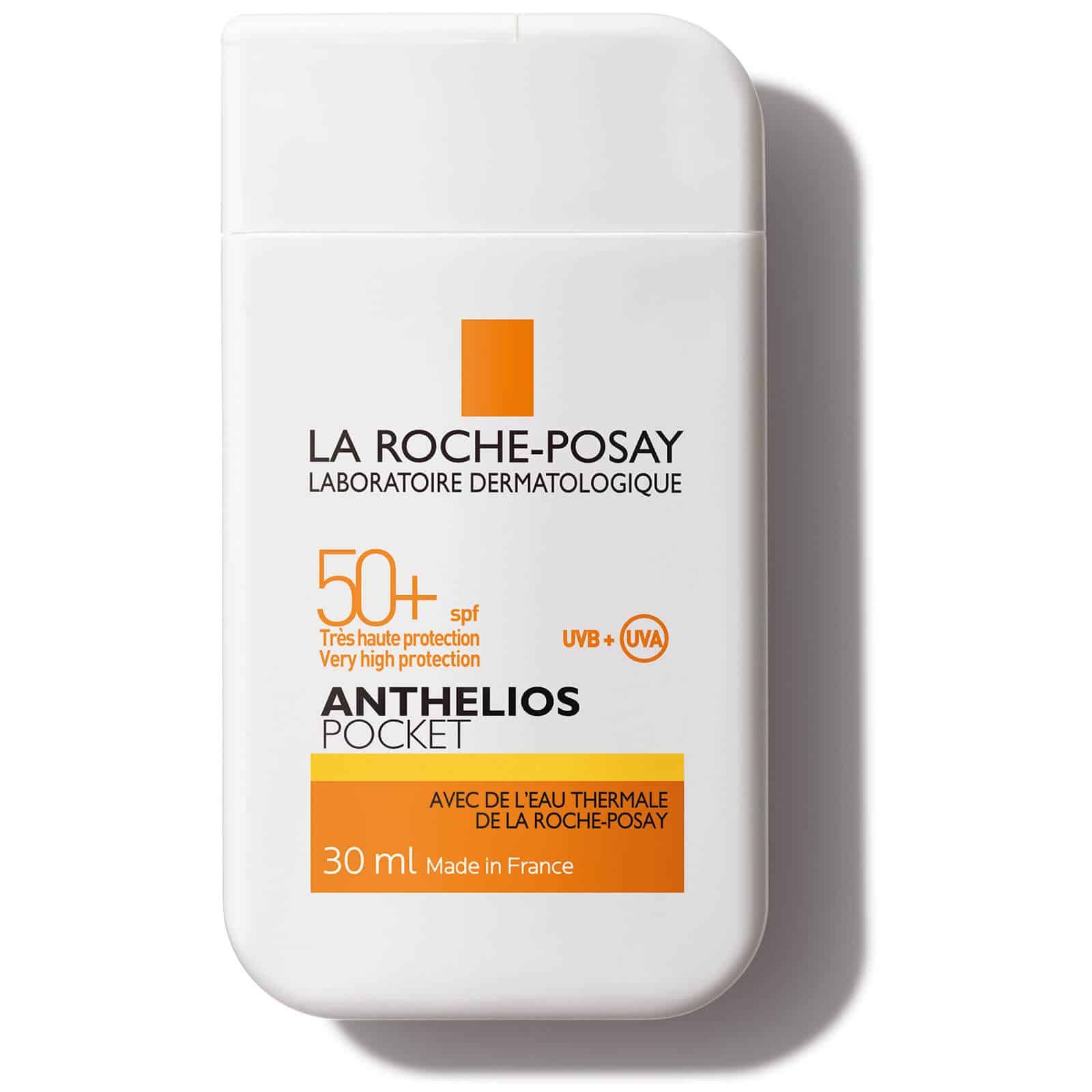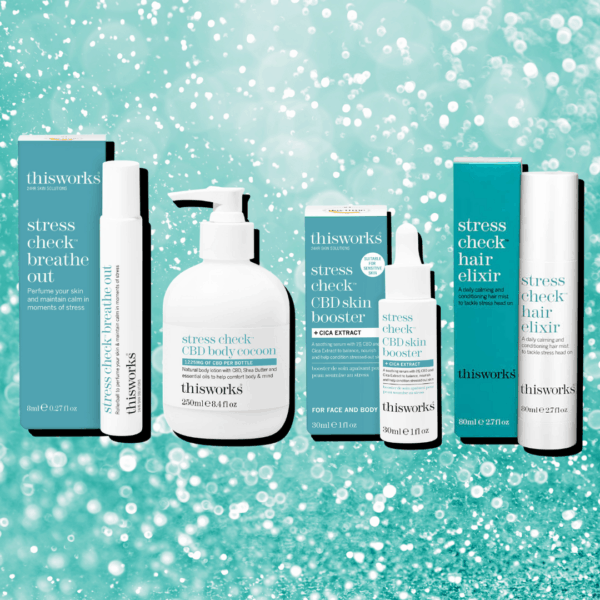
By Emma Line
It’s not news to many of us that the blue light emitted by our digital screens is not good for our skin. Premature ageing and worsened hyperpigmentation are two of its most damaging effects. Thanks to its high frequency, blue light ‘can penetrate deeper into the skin than UV-A or UV-B light’, producing free radicals which diminish collagen and the skin’s elasticity. Exposure to blue light from screens is also usually at close proximity – who hasn’t face-planted their phone in bed? – which may also be increasing the damage it can do.
Whilst normally we’d try limiting our screen time and stepping away from the blue light, during the ongoing pandemic that’s simply not possible. Lockdown has increased our blue light exposure more than ever before. Between WFH, exercising via Youtube and socialising on Zoom, our screens have become our constant companions. If we’re unable to reduce exposure, it’s essential that we’re instead introducing a protective shield: SPF.
SPF was the last thing I thought I’d be needing during a lockdown in January… The danger is, that while we can often see damage caused by the sun fairly quickly, the havoc wreaked by blue light is not immediately visible – but it will cause skin quality to deteriorate over time without proper protection (say hello to more fine lines and wrinkles!). While it’s still unknown exactly how much exposure to blue light is needed to cause significant damage, prevention is definitely key.
Experts suggest using a broad-spectrum sunscreen, which defends against UV-A and UV-B light – and blue light specifically if possible – daily. Sunscreens containing iron oxides offer wide protection against harmful rays. Choosing a product containing antioxidants will also introduce further skin benefits, helping to reduce the damage caused by blue light.
Scared to use SPF? Many of us fear introducing it into our daily skincare routine, worrying that heavy products will clog up pores or leave visible residue on the skin’s surface. But there are so many great options which promise to provide protection without the unwanted side effects. Here are our top picks:
